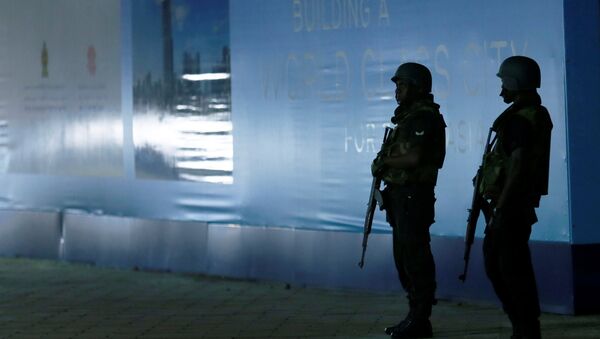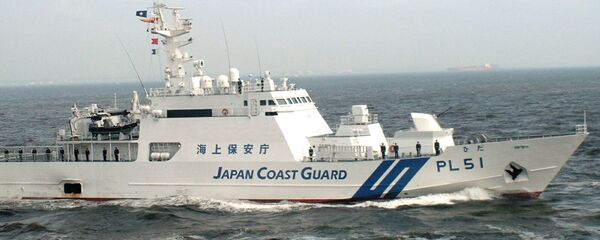On Saturday, Sri Lankan President Maithripala Sirisena suspended parliament until November 16, a day after removing Ranil Wickremesinghe as prime minister and replacing him with opposition leader Mahinda Rajapaksa, who previously served the sixth president of Sri Lanka from 2005-2016.
"The president has prorogued the parliament," Cabinet spokesperson Rajitha Senaratne told reporters, Japan Times reported Saturday. The president suspended all meetings of the 225-member house until mid-November, according to AFP.
However, Wickremesinghe claims that he has a majority in parliament.
"I have the majority in the parliament, convene the parliament to resolve this," Wickremesinghe said during a press conference in the country's capital of Colombo on Saturday.
"As far as the prime ministership is concerned, the person who has the majority support in parliament has to be the prime minister, and I have that majority of support," Wickremesinghe said, according to the Associated Press. "It is not necessary for us to create a crisis. It is not necessary for the people of the country to suffer."
The parliament suspension means, however, that Wickremesinghe will not be able to prove his majority.
On Friday, the South Asian country's Media and Finance Minister, Mangala Samaraweera, referred to Rajapaksa's appointment as "an anti-democratic coup," while a European Union delegation confirmed Saturday that it is closely monitoring the situation in the island nation of some 23 million.
"We urge all parties to fully act in accordance with Sri Lanka's Constitution, to refrain from violence, to follow due institutional process, to respect the independence of institutions, and freedom of media," the delegation announced Saturday, Japan Times reported.
Political tensions in between between Wickremesinghe's United National Party (UNP) and Sirisensa's United People's Freedom Alliance (UPFA) have been high since Sirisensa recently condemned Wickremesinghe's party for not thoroughly looking into an assassination plot against the president. Sirisena also accused India's intelligence services of being involved in the assassination plot, although that claim has been denied by intelligence members.
Although neighboring India has not yet officially reacted to the events in Sri Lanka, the country has been concerned with Rajapaksa's relationship with China, after Rajapaksa spent billions of dollars helping rebuild China after the end of a 26-year-long civil war against Tamil separatists in 2009.
The investment deeply indebted Sri Lanka and resulted in giving China control of a strategic southern port on the island, a move criticized by both India and the United States.




